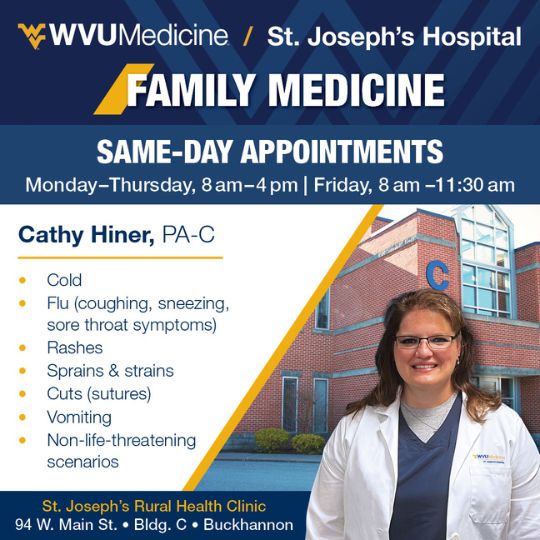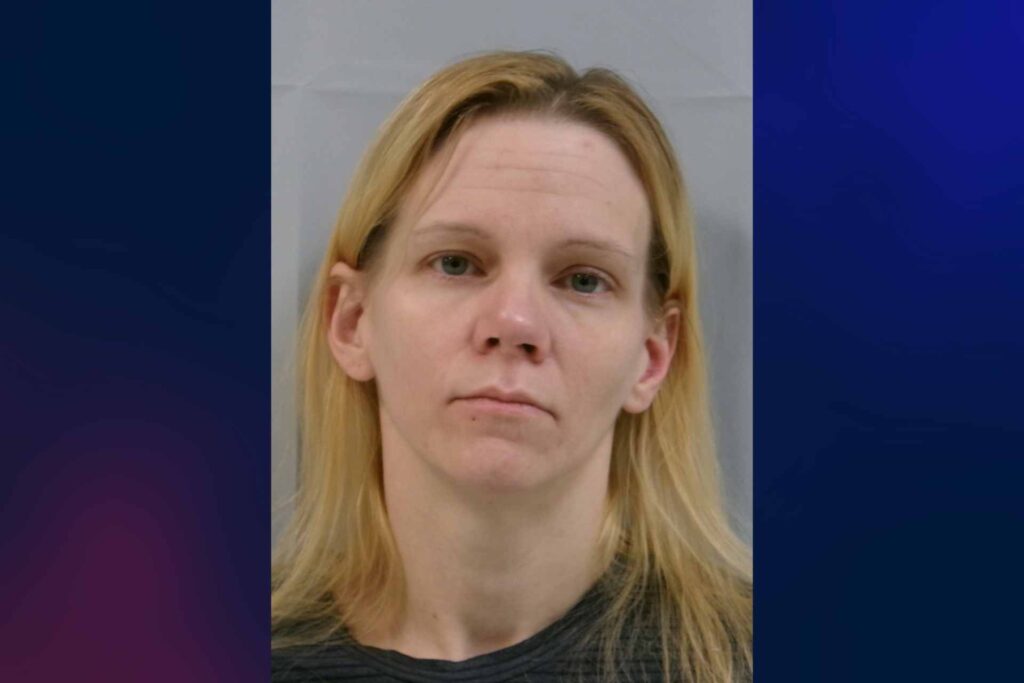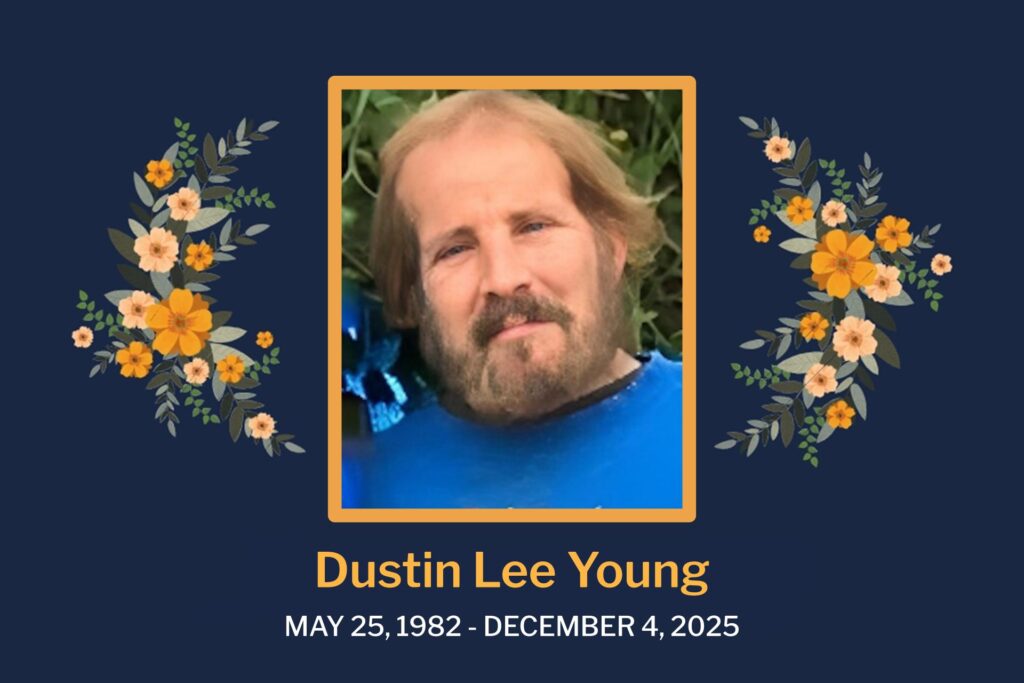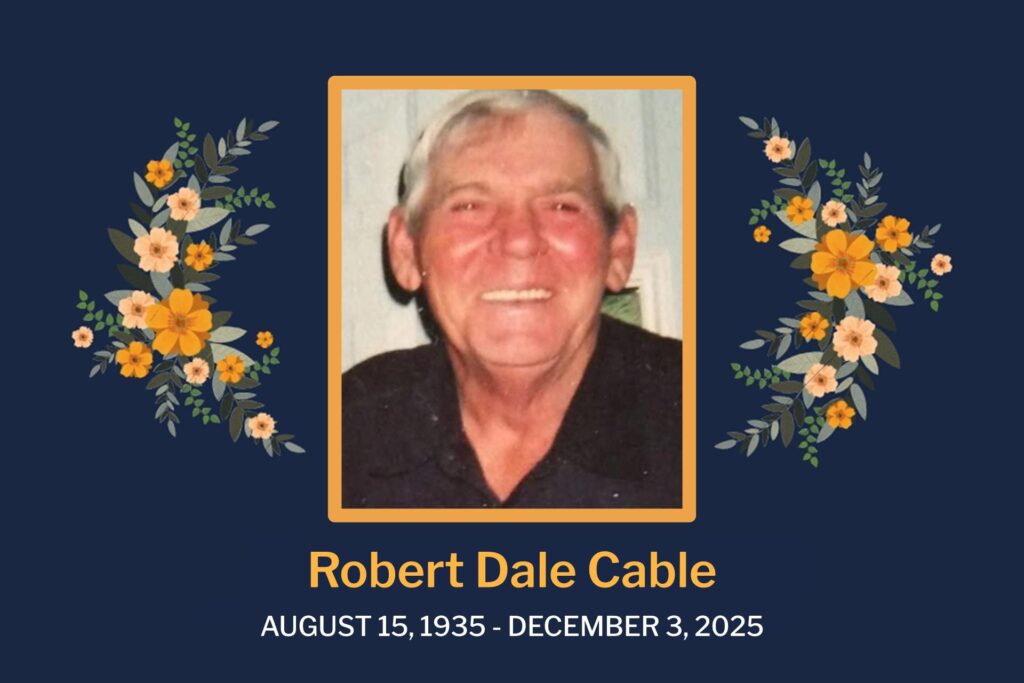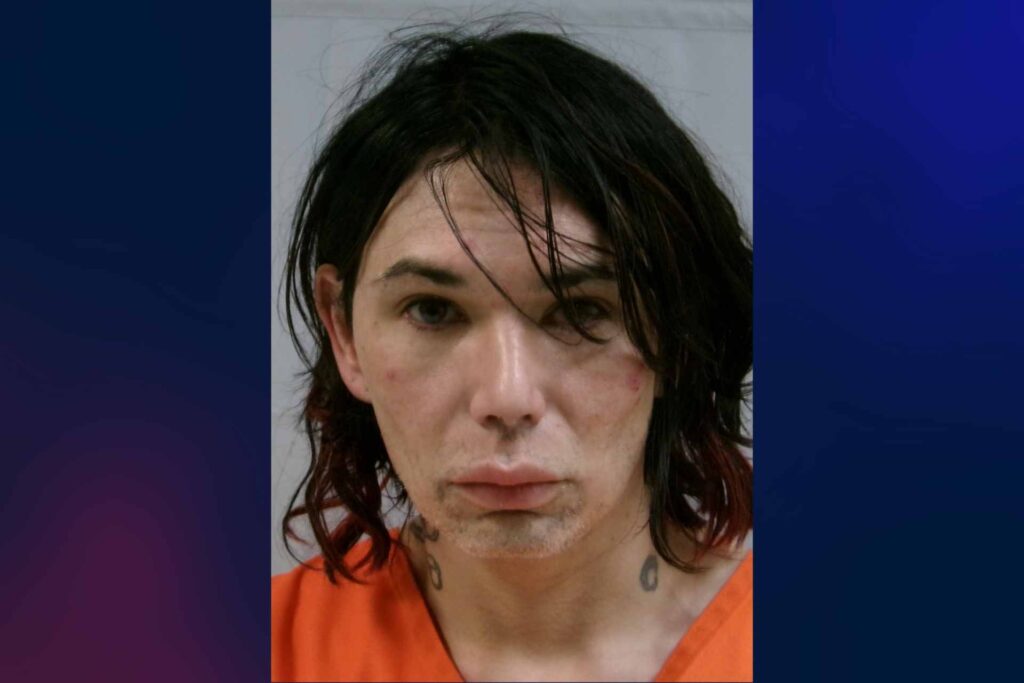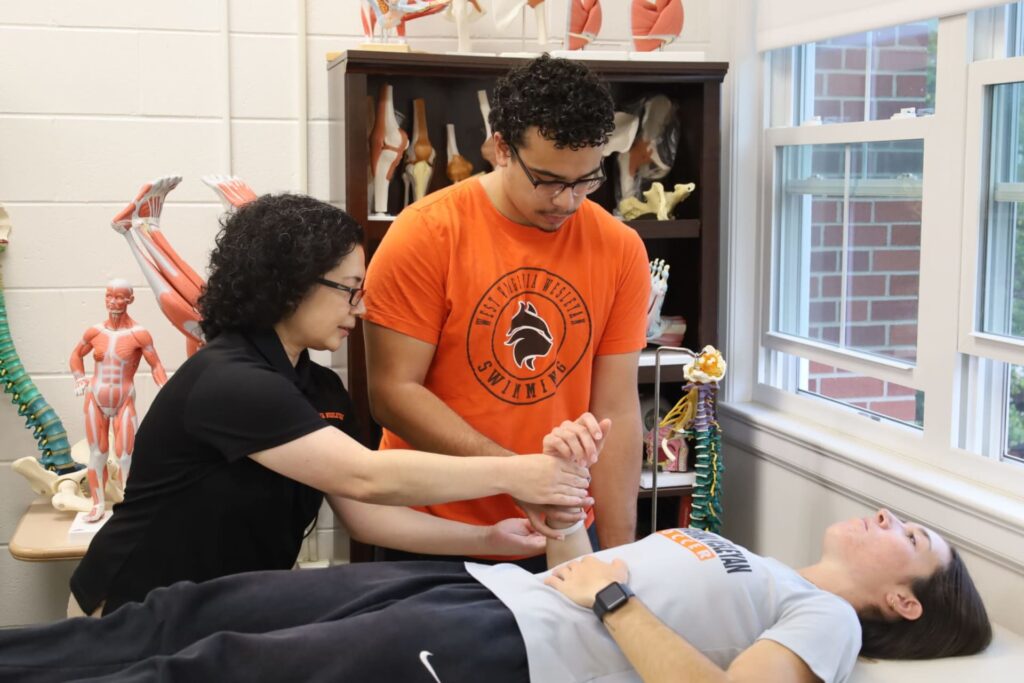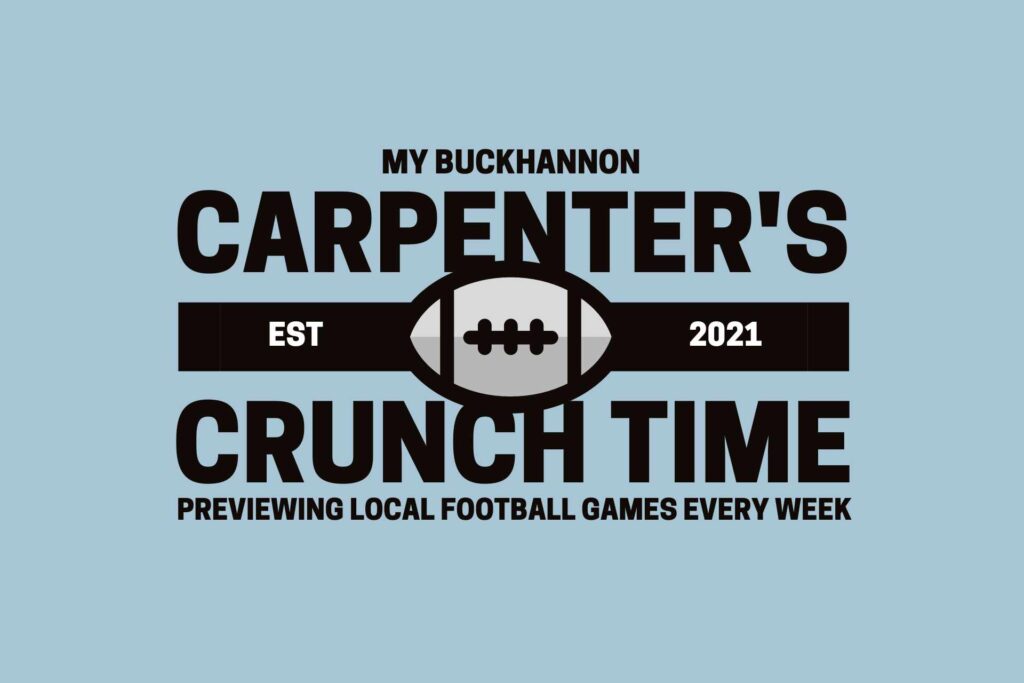By Erin Beck
Mountain State Spotlight
This story was originally published by Mountain State Spotlight. Get stories like this delivered to your email inbox once a week; sign up for the free newsletter at mountainstatespotlight.org/newsletter
In October, Judge Tim Sweeney ordered state workers to send a severely traumatized child to out-of-state mental health treatment.
Four months later the child, one of more than 6,000 in custody of the state, still wasn’t receiving that care.
In a February hearing, overworked CPS workers told him that the worker responsible for the child had 100 families assigned to her. It should be no more than ten.
“Am I part of the solution or part of the problem?” Sweeney asked aloud.
The judge ordered state health officials to report to the Ritchie County Courthouse weeks later to start working on the ground as CPS workers. He said he hoped media attention would get state officials to address the problems.
Most of the inner workings of West Virginia’s child welfare system happen behind closed doors for the privacy of the children. This time, Sweeney gave interviews, alerting reporters to his order and speaking about the understaffing.
Also in February, in Kanawha County, Judge Maryclaire Akers learned in court of a 12-year-old boy who tried to kill himself at a hotel where the state had placed them. She ordered state health officials to her courtroom, appointed a monitor for the department and spoke about the case on statewide talk radio.
Shortly after, the West Virginia Judicial Investigation Commission, which privately hears and makes decisions about whether a judge’s conduct was ethical, began investigating both judges.
In both cases, the commission found they’d violated the judicial code of conduct and warned them not to make similar comments in the future.
The commission stopped short of filing formal charges against the two judges.
“As the old saying goes, ‘a good deed is never lost,’” the commission wrote in the admonishment. “Moreover, ‘every time you do a good deed you shine the light a little farther into the dark’ as was done in this case.”
Nonetheless, Sweeney “used his flashlight in the wrong manner to achieve the right result.”
But because the commission’s decisions are available publicly, the judges’ names and news they’d been warned made headlines.
The commission took issue with Akers telling reporters that, since her work as a juvenile prosecutor, she’s learned that kids in state custody often wind up in juvenile or adult court.
It also took issue with Sweeney telling MetroNews that the hearing in his court made it clear there was severe understaffing in his area, inhibiting the state’s ability to protect vulnerable children.
The commissioners wrote that the understaffing comments from workers were confidential.
West Virginia’s CPS staffing shortage is widely known. Mountain State Spotlight reported in January on the extremely shorthanded office in Sweeney’s area.
Kids in the state’s care are going without the much-needed mental health treatment they need to grow up healthier and happier.
Meanwhile, an understaffed and overworked CPS workforce is still struggling to respond to allegations of kids in unsafe situations.
In his interview with investigators, Sweeney said he’d felt a duty “to move heaven and earth to get these things done.”
The commission also admonished him for Facebook posts it said could be perceived as promoting prosecution of people pre-trial.
Last week, both Sweeney and Akers filed objections, sending the cases to another panel for hearings. That panel will make a recommendation to the state Supreme Court of Appeals.
Both judges argued they did not violate the code of conduct and acted lawfully. They also wrote of their responsibility to prioritize the safety of children.
In his objection, Sweeney’s lawyer, J.H. Mahaney, said an extraordinary crisis, when kids suffer violence, medical distress and die by suicide, requires extraordinary action. Not “empty promises.”
“He should not be punished for satisfying his professional, ethical and moral duty to care for those children, especially when nobody else will,” Mahaney wrote.
The commission had said judges need to encourage public confidence in judicial work. A news release from her lawyer Thomas Ryan stated that Akers will prove her work deserves that confidence.

“Judge Akers is also hopeful that the public does not lose sight of the more important underlying societal issue: the health, safety and well-being of West Virginia’s most vulnerable children.”
Reach reporter Erin Beck at erin@mountainstatespotlight.org



